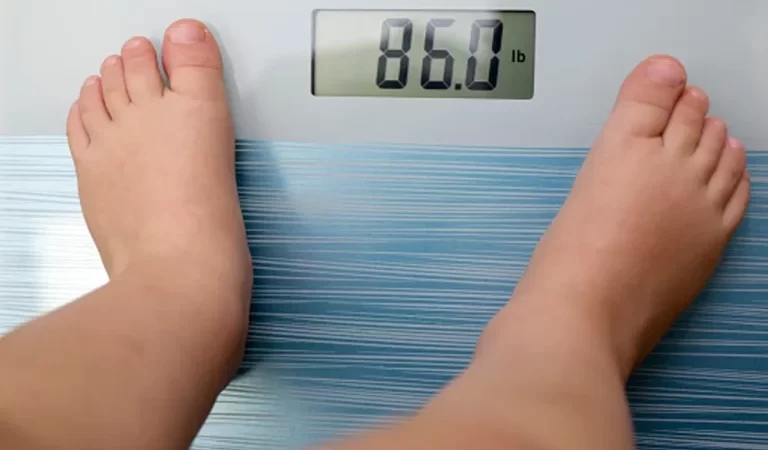Why Childhood Weight Matters More Than You Think — And What You Can Do About It Now
As moms, we want to give our kids the best shot at a happy, healthy life. We pack lunches, chase them around the playground, and try (desperately!) to get them to eat something green. But there’s one topic that can be hard to talk about — and even harder to manage gently: our children’s weight.
Here’s the truth that might surprise you:
👉 The number of fat cells a person has is mostly set during childhood and adolescence — and it can affect their weight for life.
Let me explain.
🧬 The Fat Cell Truth
Our bodies store fat in specialized cells called adipocytes (fat cells). The twist? We don’t just fill or empty these cells — we can actually create more of them, especially during childhood.
That means if a child becomes overweight or obese before or during puberty, their body responds by adding more fat cells to hold the extra energy.
Once those new fat cells are created, they don’t go away. Even if your child loses weight later, those cells just shrink — but they stay in the body, waiting to fill up again.
🧠 Why This Matters Later in Life
Having more fat cells can:
- 🔄 Make it easier to regain weight after losing it.
- 🍽️ Disrupt hunger and fullness cues, making your child feel hungrier.
- 🧗♀️ Make maintaining a healthy weight in adulthood more challenging.
This isn’t about blame or fear. It’s about understanding biology so we can support our kids today in ways that set them up for lifelong wellness.
💛 So What Can You Do?
Here’s the good news: You don’t have to focus on weight. Focus on habits. Kids’ bodies are incredibly responsive and adaptable. Here’s what helps most:
1. Lead with food, not fear.
- Serve mostly whole foods — fruits, vegetables, proteins, healthy fats.
- Avoid ultra-processed snacks marketed to kids.
- Let them eat when they’re hungry and stop when they’re full. Don’t push “clean plate” rules.
2. Make movement a lifestyle, not a task.
- Kids should play hard every day — running, jumping, dancing, climbing.
- Try family walks or weekend hikes instead of screen-heavy downtime.
3. Watch the sneaky weight gain drivers.
- Limit sugary drinks (yes, even “fruit” juices).
- Keep screen time in check.
- Prioritize sleep — poor sleep is linked to higher fat storage in kids.
4. Model, don’t micromanage.
- Kids copy what they see. If you eat balanced meals and move joyfully, they will too.
- Avoid talking about “good” or “bad” bodies. Focus on energy, strength, and feeling good.
🌱 Remember: It’s About Planting Seeds
Helping your child grow into a healthy adult isn’t about strict rules or calorie counting. It’s about shaping an environment where healthy choices are the norm, not the exception.
The earlier you start, the easier it becomes — not just for your kids, but for the whole family.
You’re doing better than you think. Keep going. You’re not just raising a child — you’re shaping their future health, confidence, and resilience.


Comments are closed.